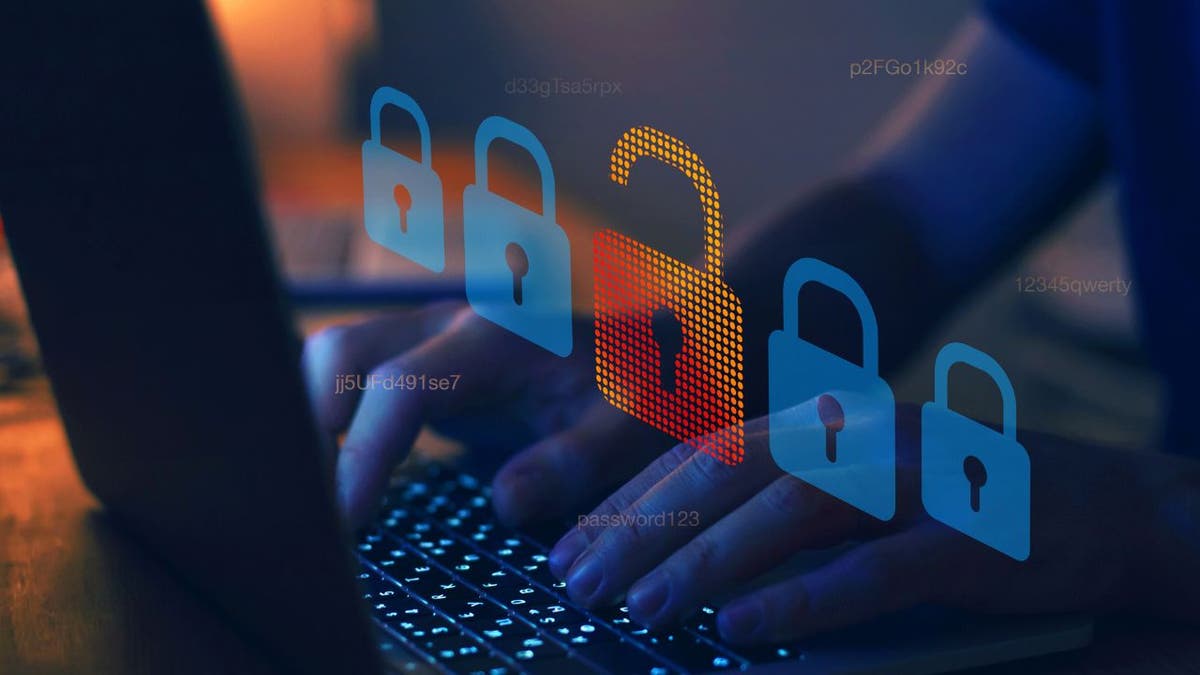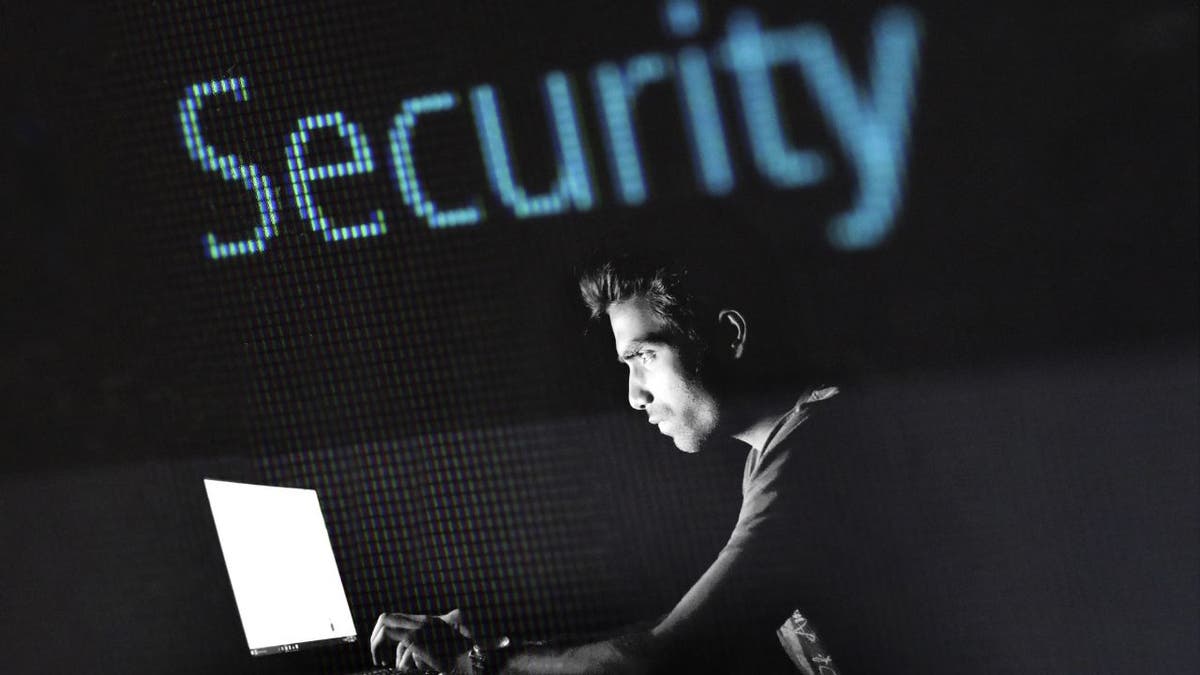In our increasingly digital world, our voices are becoming more than just a way to communicate. They're transforming into unique passwords, vocal fingerprints that grant access to our personal information. However, as voice authentication gains popularity, hackers are finding ways to mimic and exploit this technology.
The Science of Voice Authentication
Voice authentication works by capturing a unique 'voiceprint' from a spoken phrase. This voiceprint is then stored and used to verify your identity in future login attempts. You speak a phrase, the system analyzes it, and if it matches your stored voiceprint, access is granted.

The Rise of Deepfake Audio Attacks
Hackers are using deepfake software powered by machine learning to create convincing replicas of people's voices. This software analyzes voice samples, learning the nuances of speech patterns, pitch, and rhythm to generate remarkably realistic imitations. These digital mimics can bypass even advanced voice authentication systems.
Researchers have demonstrated the vulnerability of these systems to deepfake audio attacks, achieving alarming success rates in bypassing security measures.

Safeguarding Your Vocal Identity
While the threat is real, there are steps you can take to protect your voice from being misused:
- Be mindful of voice replay/cloning: Be cautious when sharing your voice, especially during phone calls, as it could be recorded and used against you.
- Limit personal information sharing: Only share your voice and other personal details with trusted sources and reputable organizations.
- Scrutinize unknown callers: Be wary of calls from unfamiliar numbers or individuals, as they may be recording your voice.
- Utilize two-factor authentication: Enable this added security layer whenever possible.
- Employ strong passwords: Use unique and robust passwords for all your accounts and consider a password manager.
- Maintain updated software: Regularly update your operating system and applications to patch security vulnerabilities.
- Prioritize secure networks: Use trusted networks, especially when using voice authentication.
- Disable voice assistants when idle: Turn off or mute your voice assistant when not in use to prevent unauthorized access.
- Consider identity theft protection: These services can monitor your personal information for misuse and assist with recovery if needed.

Key Takeaways
Voice authentication offers enhanced security, but it's crucial to remain vigilant. By practicing good cybersecurity habits and staying informed about the latest threats, we can protect our vocal identities in this evolving digital landscape.
Comments(0)
Top Comments